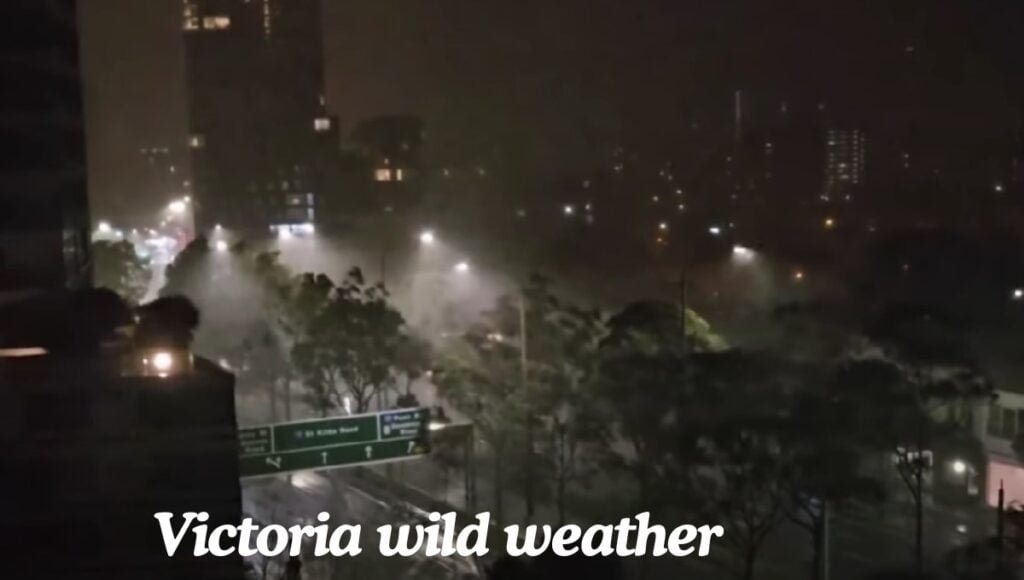Whooping Cough on the Rise in New South Wales: Health Authorities Stress Vaccination
New South Wales has seen a significant increase in whooping cough infections this year, more than 12,000 cases have been reported between January and September.

According to NSW Health, this is the highest number recorded since 2016. According to NSW Health, this is the highest number recorded since 2016. As cases rise, health officials are urging people, especially those in close contact with infants, to get vaccinated.
Whooping cough, also known as pertussis, is a highly contagious respiratory infection. It often starts with mild cold-like symptoms, such as a blocked or runny nose and sometimes a cough. However, the cough becomes more frequent over time, and in some cases, it can lead to vomiting, choking, or difficulty breathing, resulting in a distinctive “whooping” sound. The illness can last for weeks and may worsen at night, causing considerable discomfort.
Symptoms may be more severe in newborn babies. Instead of coughing, some babies stop breathing completely and turn blue in the process. Other babies may have difficulty drinking milk, which may lead to choking or gagging.
NSW Health officials emphasize the important role of vaccination in preventing the spread of whooping cough, especially for those in close Pregnant women in particular are encouraged to get vaccinated between 20 and 32 weeks of pregnancy. This timing allows the transfer of protective antibodies to the unborn baby, giving them important protection against disease in the early months.
Dr Christine Selvey, NSW Health’s director of communicable diseases, highlights the importance of timely vaccination. “Pregnant women are advised to get vaccinated between 20 and 32 weeks of every pregnancy, as this allows pertussis antibodies to be transferred to their unborn baby,” he said.
Parents and caregivers are also urged to ensure that their children are vaccinated on time, especially within the first six months of life.
It is equally important for all individuals who come into contact with infants to ensure that they have received the pertussis vaccine within the last decade, as immunity from the vaccine wanes over time.


